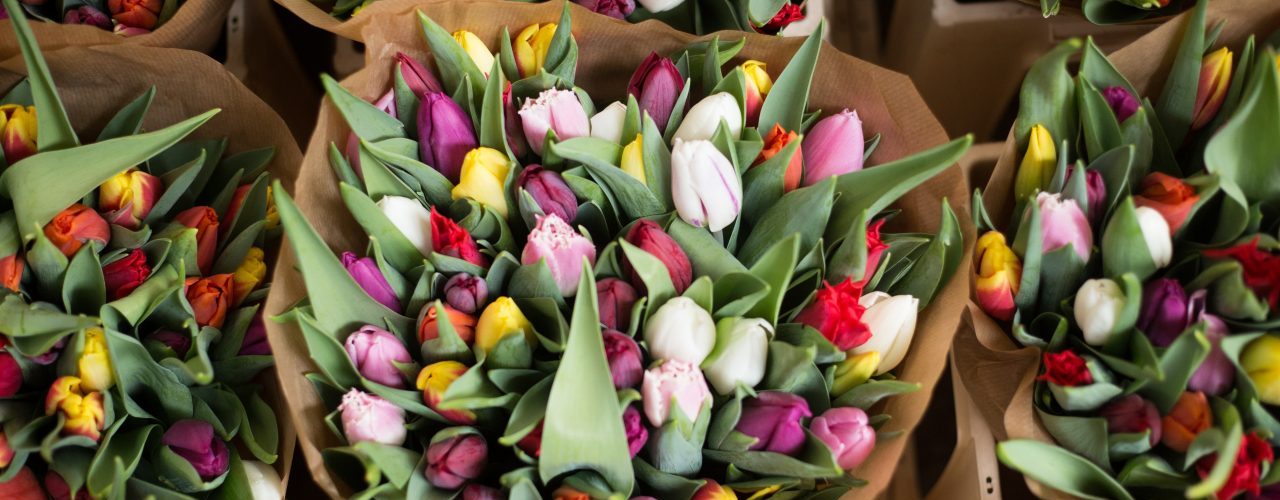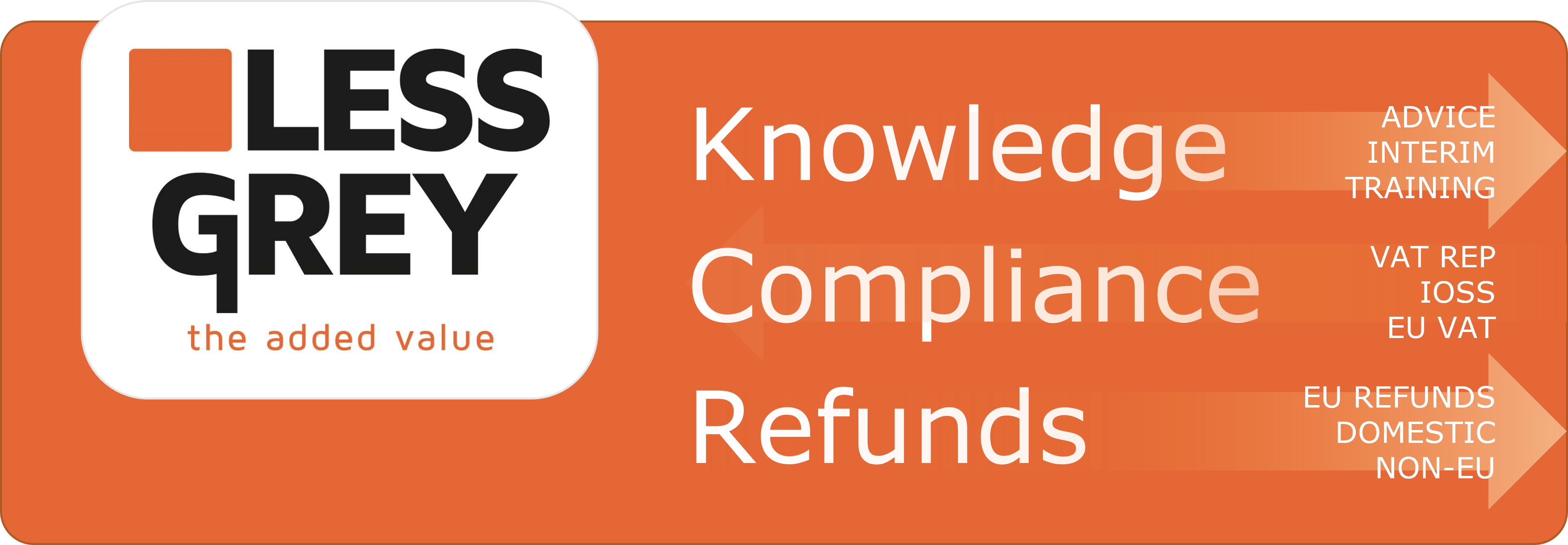Until 2004, the party in this case operated a flower farm (as a natural person) at his’ and his wife’s home. He and his wife owned 41 hectares of land, of which 33.5 hectares were cultivated with greenhouses. He regarded the cadastral parcel with the greenhouses as part of his business assets for income tax purposes.
After that, the following occured:
- Since 2005, the flower grower worked independently as a quality controller at an auction, for which he was registered as an entrepreneur. In this period he used the greenhouses for his hobby. Next, in 2006 and 2009, he sold movable goods that were previously used in the flower farm. He paid VAT in relation to this turnover.
- In January 2005, the former flower grower asked the municipality to change the zoning plan, so that housing on the parcels would become possible. The municipality rejected this request in July 2008.
- In October 2008, the former flower grower again asked the municipality to change the zoning plan and had a plan damage risk analysis carried out, as well as an exploratory soil investigation. He deducted the VAT on the costs incurred (€ 7,114).
- In September 2012 the the former flower grower applied for the third time to the municipality, and finally the municipality decided to amend the zoning plan to enable the construction of two homes on the plot.
- In 2014, the former flower grower stopped working as a quality controller. He filed a VAT return in 2014 and deducted small amounts of input VAT incurred, in particular on accountancy fees.
- In 2015, he put two building plots for sale and had the greenhouses demolished. The building plots were sold. One of them was delivered in February 2018.
It is in dispute whether the former flower grower acted in his capacity as a VAT entrepreneur, when delivering the building plot in February 2018.
The Court assessed on the basis of the Słaby and Kuć judgment, whether the former flower grower acted as a taxable person. Unlike the applicants in that judgment, the former flower grower himself approached the municipality. The change was therefore effected at his will.
The Court inferred from the documents in the case, that the former flower grower carried out activities comparable to that of a trader. For example:
- He actively ensured that construction became a possibility (and therefore he could ask a higher price).
- He had demolished the greenhouses and thus delivered land that was ready for building on.
- He commissioned an investigation and obtained information to enable the construction to actually take place in the short term.
These activities are not customary for a private individual who merely puts plots for sale, but they are regular for an entrepreneur who creates the best conditions for his sale. The fact that a number of years passed between the demolition of the greenhouses, the putting up of the plots for sale and the deliveries of the plots was due to the less favorable economic conditions in the concerning period. The conclusion is that the former flower grower has correctly paid VAT.
It was not required for the Court to answer the question whether there was any relation with the former flower growing business.
An interesting case, that – in our experience – could also have led to a different outcome. After all, the activities only for a small part transcended above what an average (non business) person might do before selling real estate. n
Source: rechtspraak.nl
Author: Joyce Westerveld, VAT Advisor at RED















